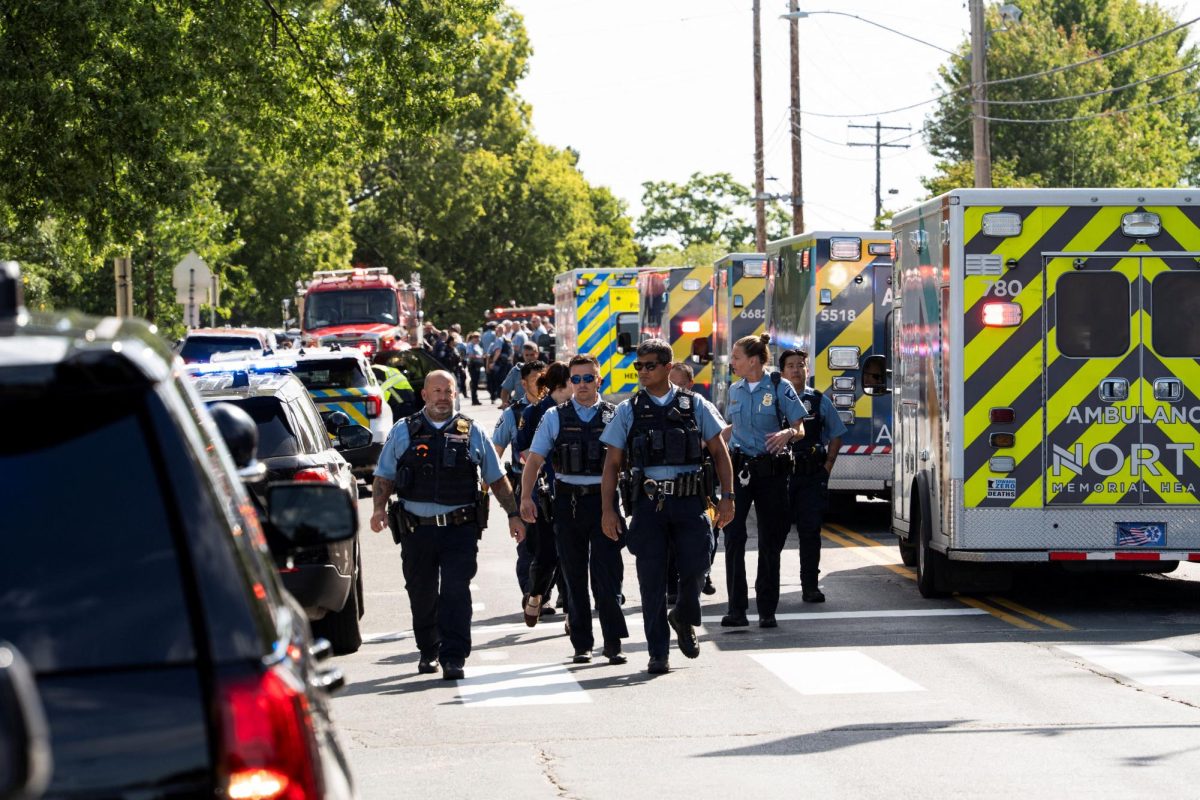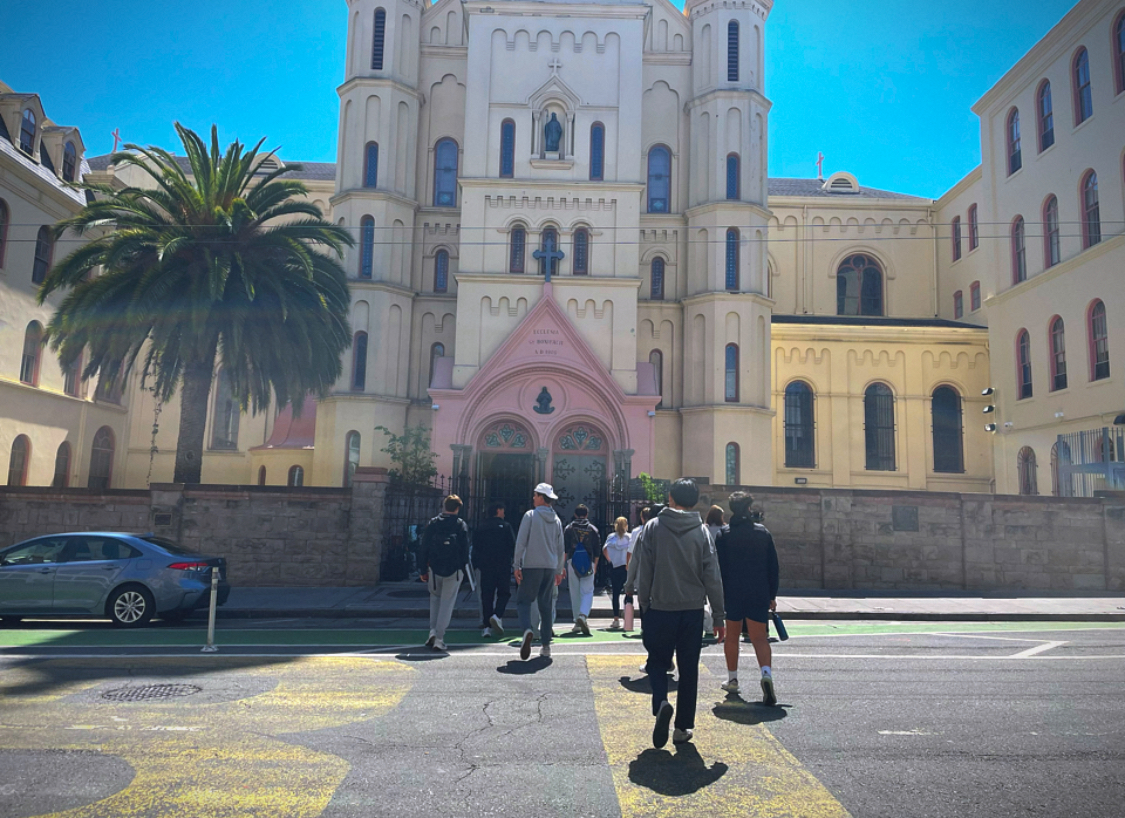On Easter Monday, the Catholic Church mourned the loss of Jorge Mario Bergoglio. While no one on the Editorial Board is Catholic, as members of the Sacred Heart community, we deeply feel this loss. Further, we recognize that Pope Francis’s leadership had a profound impact far beyond the Catholic Church. He was revolutionary in his commitment to promoting acceptance and honoring the human dignity of everyone.
Since the start of his pontificate, in 2013, Pope Francis has focused on prevalent social issues, extending kindness to previously marginalized groups of people. In 2014, he voiced support for increased involvement of women in the Church, and commended the practice of diminishing sex-based discrimination in the workforce. In 2015, Pope Francis published Laudato Si, in which he recognized climate change as a “complex crisis which is both social and environmental.” He transformed the environmental state of the world into a moral issue where consumerist behavior is failing to support the world’s marginalized communities. Further, despite years of tension between the gay rights movement and the Catholic Church, in 2023, Pope Francis officially allowed Catholic priests to bless and ordain the marriage of same-sex couples. While Francis’ explicit stances did not always precipitate changes in the Catholic Church’s formal doctrine, his devotion to uplifting the marginalized implied his desire for Catholics to embody a mindset akin to his own — utilizing doctrine to support, rather than tear down, those we may struggle to find similarities with. Pope Francis didn’t allow the rigid culture of the Catholic Church to stop him from doing what he believed was right: protecting the dignity of the human person. While there is certainly still space for the Catholic Church to become a more accepting institution, Pope Francis still made major strides in diminishing religious polarization.
With growing polarization across political, social, and religious landscapes, we believe that it is paramount that we look towards leaders who strive to embody the unifying mission of religious institutions — regardless of one’s own religious identity. We each admire Pope Francis’ perspective on the significance of religious institutions; in his own words, that “the Church must be a place of mercy freely given, where everyone can feel welcomed, loved, forgiven, and encouraged to live the good life of the Gospel.” Whether or not one subscribes to the Church’s doctrines, we must recognize the inherent value of these principles of “welcom[ing]’, lov[ing], forgiv[ing],” and accepting — especially when polarization feels rampant in our world.








